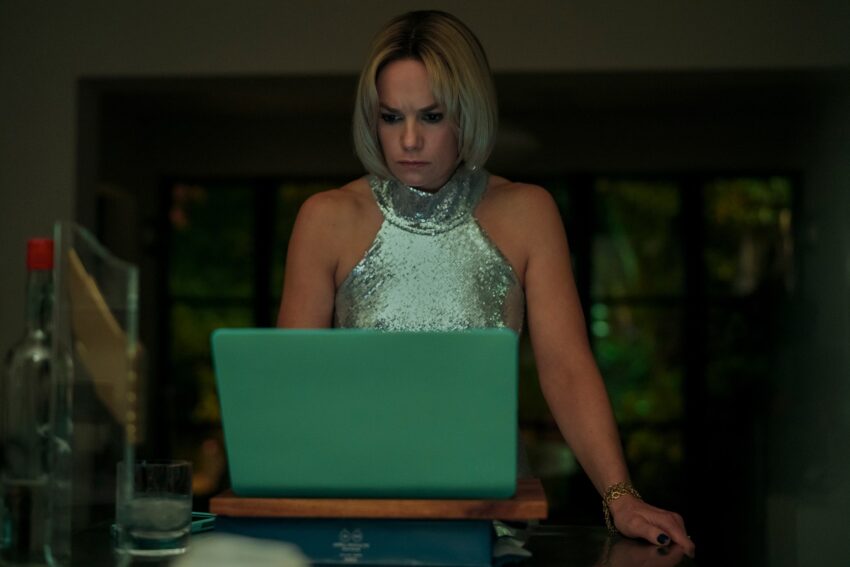In a candid conversation with James O’Brien, journalist Emily Maitlis opened up about her groundbreaking interview with Prince Andrew, an encounter that sent shockwaves through the royal family and captivated the nation.
The gravity of that moment still lingers, and Maitlis’s reflections reveal the intricate dance of emotions and tensions that unfolded behind the scenes.
Maitlis recalled the palpable adrenaline that coursed through the room as the interview concluded.
There was a mix of relief and disbelief, both for her and for Prince Andrew.
While he may have felt a sense of catharsis after sharing his side of the story, she was left grappling with the weight of unanswered questions that lingered in her mind.
Did she cover every angle?
Had she pressed hard enough?
These thoughts raced through her head as she sought reassurance from her producer, Jake.
The tension didn’t dissipate once the cameras stopped rolling.
Instead, it morphed into an electric atmosphere, charged with unspoken concerns.
Maitlis described Andrew’s demeanor as it shifted from composed to visibly uneasy, revealing a man wrestling with the consequences of his past decisions.
It was a rare glimpse into the vulnerability of someone so accustomed to a life of privilege.
As they dissected the interview, Maitlis and O’Brien explored the nuances of Andrew’s responses, which often seemed detached from the reality of the allegations against him.
She likened the challenge of interviewing him to “wrestling with a greased balloon,” where every attempt to pin down a solid answer slipped away.
Despite the frustration, she remained focused on her duty to uncover the truth.
The fallout from the interview was swift and severe.
Public outrage erupted, with many criticizing Andrew’s tone-deaf remarks regarding his relationship with Jeffrey Epstein.
The backlash reignited scrutiny over his conduct and led to calls for him to step back from his royal duties.
Maitlis reflected on the tense atmosphere that followed, as Andrew’s team scrambled to manage the narrative and mitigate the damage.
Her observations also highlighted the media’s immense responsibility in shaping public perception, especially when covering sensitive topics involving powerful figures.
The interview with Andrew became a case study in how journalism can hold the elite accountable, while also navigating the delicate dynamics of such high-stakes interactions.
As Maitlis shared her insights with O’Brien, they both recognized the ethical considerations that journalists must uphold.
Striking a balance between objectivity and empathy is crucial, particularly in interviews that delve into complex and controversial subjects.
This commitment to integrity is what earns the trust of the public and maintains the credibility of the media.
The Prince Andrew interview marked a pivotal moment not only for the royal family but also for the field of journalism.
It underscored the challenges faced by reporters when confronting powerful individuals and the potential repercussions of their inquiries.
The revelations from that day continue to resonate, reminding us of the critical role the press plays in democratic societies.
Maitlis and O’Brien’s conversation hinted at a shared understanding of the intricacies involved in their profession.
Their collaboration could lead to future endeavors that further explore the evolving landscape of investigative journalism, particularly in an era where accountability is more important than ever.
Ultimately, the Prince Andrew interview stands as a testament to the power of journalism to challenge authority and shine a light on uncomfortable truths.
Maitlis’s fearless approach not only solidified her reputation as a leading journalist but also served as a reminder of the media’s role in holding individuals accountable, regardless of their status.
The echoes of that interview will undoubtedly influence how similar stories are approached in the future.
